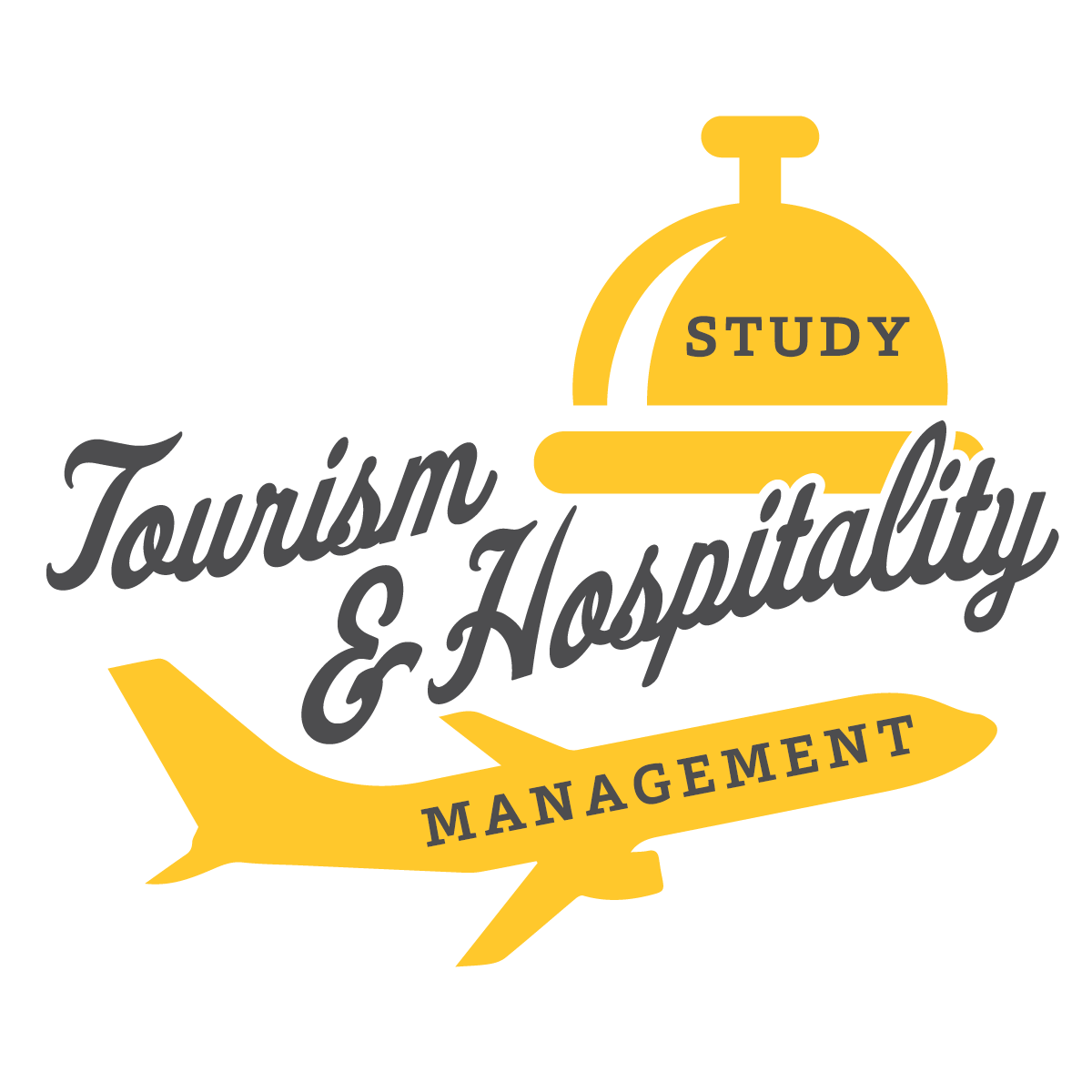Title: Explore the World of Experiences: A Department of Tourism and Hospitality Management Subject Review
Meta Description: Learn about tourism and hospitality management – develop business skills, plan events, manage hotels, resorts, and destinations that shape the global travel industry. Discover career paths and why it matters.
Table of Contents
- What Are Tourism and Hospitality?
- Key Disciplines within the Field
- The Power of Tourism & Hospitality
- Diverse Careers in the Experience Industry
- Skills Needed for Success
- Top Universities for Tourism & Hospitality
- The Future of Tourism & Hospitality
- FAQ
What Are Tourism and Hospitality?
Tourism and hospitality are interconnected industries focused on creating positive and pleasurable experiences for travelers away from their home environments. Let's break it down:
- Tourism: Encompasses the activities and services that support travel for leisure, business, or other purposes. This includes transportation, attractions, destination planning, and understanding the economic and social impact of visitors on a place.
- Hospitality: Focused on providing travelers with the essentials, and the 'extras' that elevate a trip. This includes accommodations (hotels, resorts), food and beverage, events, spas, and creating an overall welcoming ambiance.
Key Disciplines within the Field
Studying tourism and hospitality management equips you with a broad range of knowledge and skills:
- Hospitality Operations: Managing hotels, resorts, or other lodgings – ensuring smooth front-of-house and back-office operations for guest satisfaction.
- Event Management & Tourism Planning: From small-scale events and weddings to city-wide festivals and conventions, or destination-level tourism strategy.
- Marketing and Customer Experience: Promoting destinations, attractions, hotels etc. Emphasis on building brands that resonate, using social media, and understanding customer journey design.
- Human Resources in a Service Industry: Recruiting, training, and motivating staff in a high-turnover environment, ensuring the 'people' side reflects the desired brand.
- Food and Beverage Management: Running profitable restaurants or catering, menu design, cost control, and ensuring high hygiene standards.
- Sustainability in Tourism: Minimizing negative impacts of tourism on the environment and local communities, developing ecotourism and responsible practices.
- Revenue Management: Pricing strategies (hotels, airlines) maximizing occupancy/ticket sales, analyzing data to find optimal balance between price and demand.
The Power of Tourism & Hospitality
The tourism and hospitality industries are major economic drivers and sources of employment worldwide. Beyond the economic benefits, they have the power to:
- Create Jobs Across Skill Levels: From entry-level to highly skilled management, hospitality offers opportunity in a range of sectors within the travel experience.
- Boost Local Economies: Tourists spend money at businesses big and small, supporting livelihoods particularly in regions reliant on tourism.
- Promote Cross-Cultural Exchange: Travel offers opportunity for individuals from diverse backgrounds to connect, fostering greater understanding.
- Drive Conservation Efforts: When done responsibly, tourism can provide revenue to protect natural areas and cultural heritage sites.
- Create Unforgettable Memories: At its best, the industry is about facilitating life-changing experiences, and the connections people make while traveling.
Diverse Careers in the Experience Industry
The field offers a wide variety of fulfilling career paths:
- Hotel Management: Leading the various departments of a hotel or resort, ensuring guest satisfaction and the smooth running of operations.
- Travel Agent/Planner: (While tech disrupted this, specialists still exist) helping people make the most of trips, with focus on luxury, niche interests, or complex multi-stop travel.
- Destination Marketer: Working for tourism boards promoting a city, region, or country to leisure travelers or to attract business conferences and events.
- Hospitality Consultant: Analyzing market trends, advising on improving guest experience, designing new hotels, or troubleshooting for struggling businesses.
- Ecotourism and Adventure Travel: Developing tours and experiences that balance providing unique access to nature with respect for the environment and local communities.
- Cruise Ship Management: The unique challenges of running the hotel-like operations on a ship, guest logistics, and shore excursion coordination.
Skills Needed for Success
- Customer Service Excellence: Anticipating needs, resolving problems with grace, and going the extra mile to enhance a guest's experience.
- Interpersonal Skills: Communicating with guests, colleagues, and industry partners from diverse backgrounds effectively and respectfully.
- Organizational Skills: Juggling multiple tasks, attention to detail, and ensuring events, hotel operations, or travel plans run without a hitch.
- Problem-Solving: Thinking creatively under pressure to address unexpected issues, from a delayed flight to a guest complaint.
- Adaptability: The industry is fast-paced, with seasonal variations. Embracing change and a willingness to work irregular hours are often needed.
Top Universities for Tourism & Hospitality
(Rankings vary, always research!)
- Ecole hôtelière de Lausanne (EHL) (Switzerland)
- Cornell University (School of Hotel Administration) (USA)
- Hong Kong Polytechnic University (China)
- University of Nevada, Las Vegas (USA)
- Oxford Brookes University (UK)
The Future of Tourism & Hospitality
Absolutely! Let's delve into the dynamic future of tourism and hospitality, exploring the exciting trends, challenges, and opportunities shaping how we'll travel and experience the world.
Key Trends and Influences
- Experience Over Ownership: Especially among younger generations, a shift towards seeking out unique experiences rather than just accumulating possessions. This favors well-curated travel and memorable hospitality.
- The Sustainability Imperative: Travelers increasingly demand eco-conscious practices throughout their journey. Expect a focus on reducing waste, local sourcing, and proving your green credentials is a business advantage.
- Technology Transformations: From AI-powered hotel concierges to virtual reality previews of destinations, tech will continue to reshape how we book, experience, and share our travels.
- Redefining 'Luxury': Moving beyond just opulence to a greater emphasis on personalization, exclusivity of experiences, and the luxury of time well-spent.
- Bleisure Travel on the Rise: The blending of business and leisure trips as remote work opens up more flexibility. Hotels catering to this hybrid need will thrive.
Challenges and Opportunities
- Travel After a Global Pandemic: Changed hygiene expectations are here to stay, but will the initial surge in 'revenge travel' wane? Finding the balance is key.
- Overtourism Challenges: Some destinations struggle with the balance between the economic benefits of tourism and the strain on resources and local life. Smarter destination management is needed.
- The Fight for Talent: Hospitality is often seen as low-wage, unstable work. To attract the best, the industry needs to rebrand how it offers fulfilling career paths.
- Local Experience vs. 'Homogeneity': Travelers want authentic local flavor, while chains offer reliable standards. Finding ways to offer both will be a winning formula.
- Accessibility in Travel: A greater focus on making travel a possibility for those with disabilities, diverse needs, and from less-affluent backgrounds opens up a largely untapped market.
Where Tourism & Hospitality Expertise is Needed Most
- Designing the 'Frictionless' Journey: Using tech to streamline booking, minimize touchpoints (check-in, etc.), yet with a human touch when things do go wrong.
- Experience Curation: More than just tours, partnering with locals to offer something you can't find in a guidebook, or that caters to niche hobbies.
- Authenticity + Sustainability: Finding ways to support local communities, showcase unique culture, while still running a profitable tourism operation or hotel.
- Destination Management as a Specialization: Beyond promotion, it's about long-term planning. How much tourism is too much? What visitors should a place want to attract?
- Data Analytics for the Win: Better use of data to personalize offers, spot trends early, and not just optimize pricing, but optimize the kind of experiences each type of traveler seeks.
FAQs: The Future of Tourism & Hospitality
- Will Airbnb kill hotels?
- No, but it forces change. Hotels upping their design game, adding experiences you can't get in a rental, and some even offer hybrid models with home-like units alongside traditional rooms.
- Is tourism bad for the planet? Can it ever be 'green'?
- It has a huge footprint. Some is unavoidable (flights), so offsetting needs to be routine. Closer to home, the key is low impact experiences, and tourism $ supporting conservation.
- Does a hospitality major have to work crazy hours forever?
- Entry-level often does, sadly. But as you gain experience, more strategic roles exist: revenue management, consulting, the marketing side, with more regular hours.
- Will robots take all the jobs?
- Some routine tasks, yes. But the high-touch, personalized experience, the ability to troubleshoot the weird problem... those skills will always be in demand.
- Is it an industry with no ethics? Big chains can feel faceless...
- It can be, which is why travelers now vote with their wallets. Supporting smaller, ethically-run hotels, tours that give back... this sector IS growing, making the whole industry need to do better.





